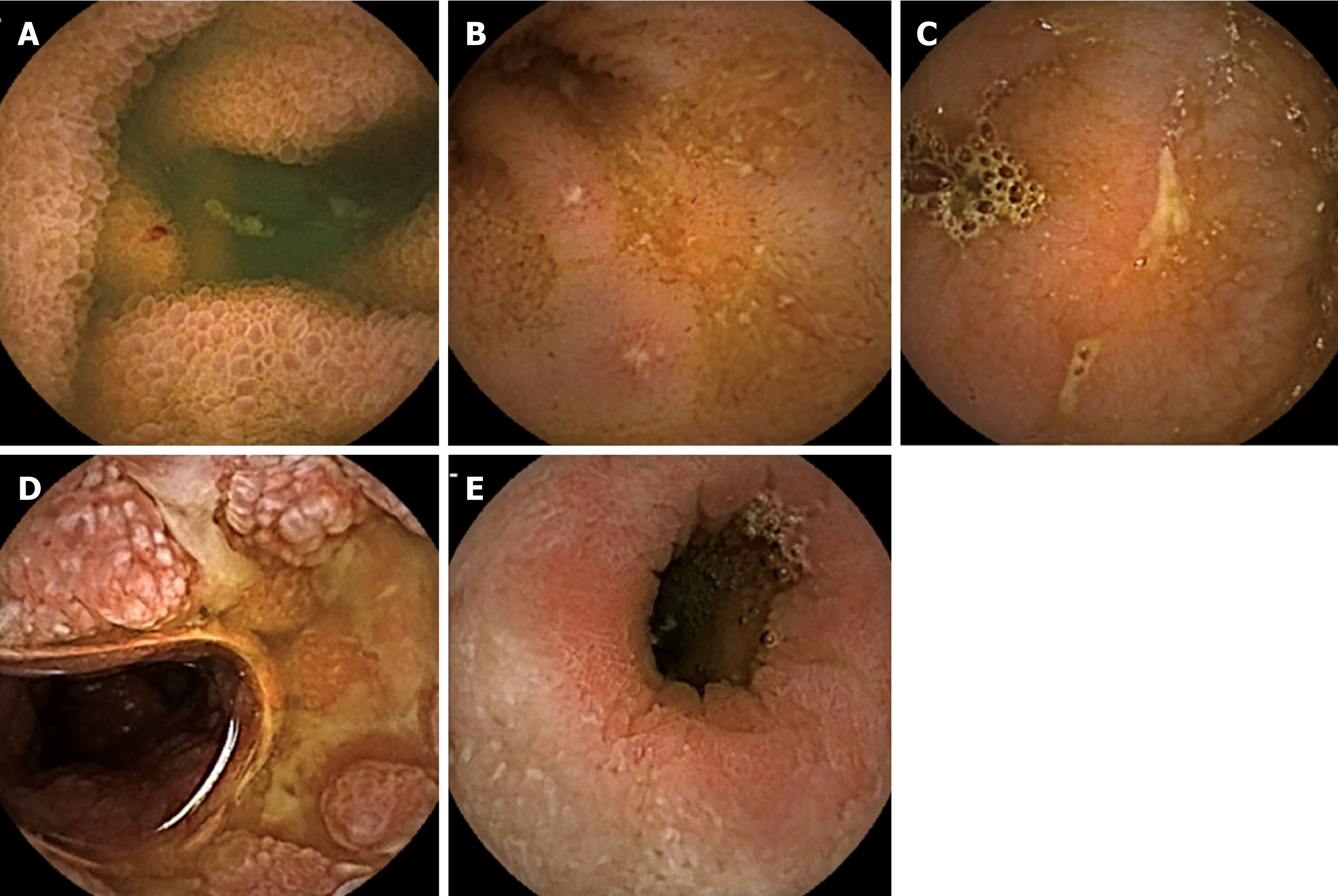

The abstract was presented at Digestive Disease Week 2013 ( Gastrointest Endosc. The study was completed by Mamula, Sahn and fellow Maire Conrad, MD, along with HUP adult gastroenterologists. The CHOP-Penn review provides further support to the effectiveness of EUS in children and is a valuable addition to the small body of literature on the topic. In 24 percent of cases, a new diagnosis was established.EUS achieved the diagnostic or therapeutic goal or ruled out suspected pathology to avoid further testing in 90 percent of cases.Fine needle aspiration was used in 13 patients.The indications included: pseudocyst drainage (4) evaluation of GI luminal lesions (13) pancreatitis (10) insulinoma localization (8) pancreatic anomalies (7) tumor surveillance (6) abdominal pain suspected to be of pancreatobiliary origin (5) and other (5).The study covered 64 completed EUS procedures in 58 patients. The study team reviewed all pediatric EUS cases (patients < 21 years) performed at HUP between May 2007 and November 2012. In nearly a quarter of cases, a new diagnosis was established. The report found EUS in children to be technically successful and efficacious with a low risk of immediate complications and a meaningful impact on clinical care. However, as the number of children with pancreatobiliary diseases increases, so too does the need for pediatric expertise in these procedures.Īdding to a growing body of research examining the use of such procedures in children, CHOP and the Hospital of the University of Pennsylvania (HUP) teamed up to conduct the largest single-center review to date of pediatric EUS. CHOP-Penn Study Shows Pediatric EUS Successful, EfficaciousĬertain complex endoscopic procedures, such as endoscopic ultrasound (EUS) and endoscopic retrograde cholangiopancreatography (ERCP), while relatively common in adults, are rarely performed in the pediatric population.

Here’s a roundup of recent and current endoscopy research efforts. “Our efforts are reflective of the overall philosophy at CHOP, to continually improve through research.” Recent and current endoscopy researchĭuring the second and third year of his fellowship at CHOP, Benjamin Sahn, MD, has been a dedicated endoscopy research fellow. “Part of being an effective clinician is learning from your current patients for the sake of your future patients,” says Petar Mamula, MD, endoscopy suite director. The endoscopy team at The Children’s Hospital of Philadelphia considers research an integral part of providing the very best care, and continues to expand its investigations.


 0 kommentar(er)
0 kommentar(er)
